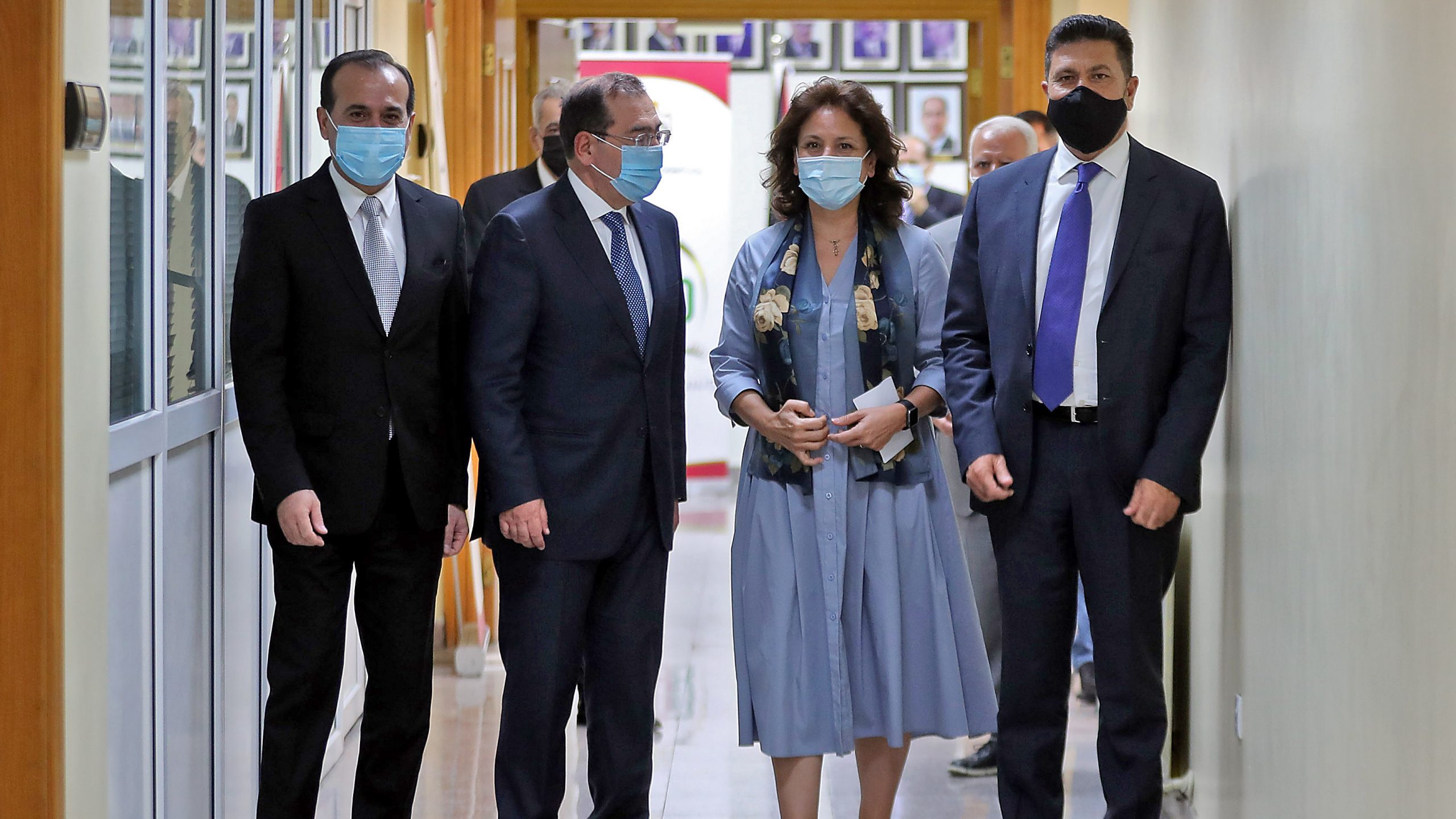Egypt has revealed it wants to obtain a “clear document” from the United States ensuring that it will not be subject to unilateral, coercive U.S. sanctions targeting Syria if it supplies Lebanon with natural gas through Syrian territory.
During his visit to Washington DC, Egyptian Minister of Petroleum and Mineral Resources Tarek el-Molla told the al-Monitor website that Egypt is still seeking the “appropriate permissions” from the United States to supply natural gas to energy-starved Lebanon without exposing itself to sanctions against the Syrian government, the Kurdish news agency Hawar reported yesterday.
“We don’t want to find ourselves being punished for helping our brothers in Lebanon, so we need to make sure that we get the right permit.”
“We are cautious and would like to get the required approval in coordination with the U.S. administration,” he said, adding that the issue formed part of his recent discussions with U.S. officials.
Read Also: Lebanon, Syria, Jordan Set Roadmap to Solve Lebanese Energy Crises
Molla stressed that there should be a clear document exempting Egypt from any possible sanctions, and said that the administration would do its utmost to achieve this permission.
The U.S. State Department has previously assured Lebanon and other countries participating in the Arab gas pipeline, which crosses Syrian territory, that they will not be subject to unilaterally imposed economic sanctions against Syria.
On October 20, Lebanese Energy and Water Secretary, Walid Fayyad, met with the State Department’s senior energy security adviser (the new U.S. mediator in the indirect negotiation process on the demarcation of the southern maritime border), Amos Hochstein, and the U.S. ambassador to Lebanon, Dorothy Shea.
“The U.S. administration issued a letter of assurance that the project and its participating parties will be protected from the repercussions of the Caesar Act sanctions,” Fayyad said in a statement at the time.
This article was translated and edited by The Syrian Observer. The Syrian Observer has not verified the content of this story. Responsibility for the information and views set out in this article lies entirely with the author.


